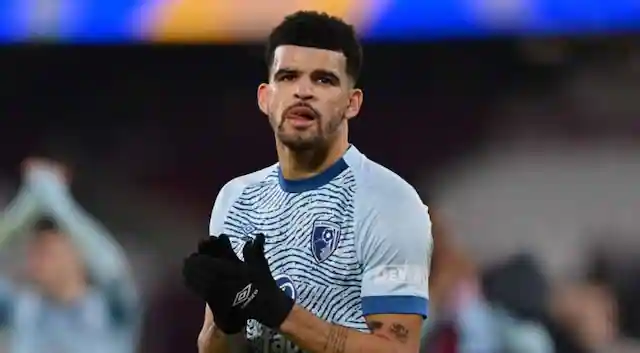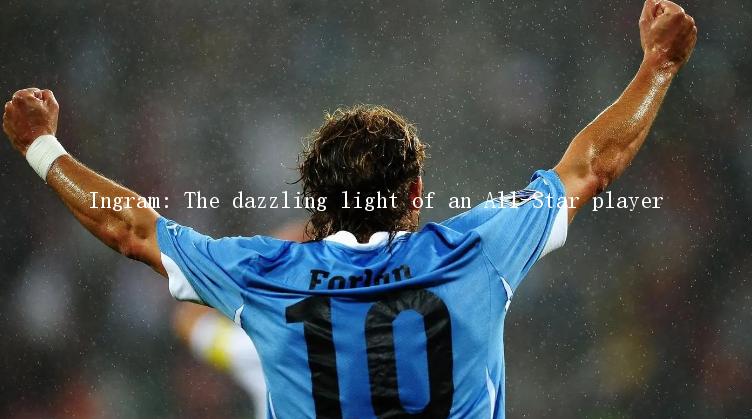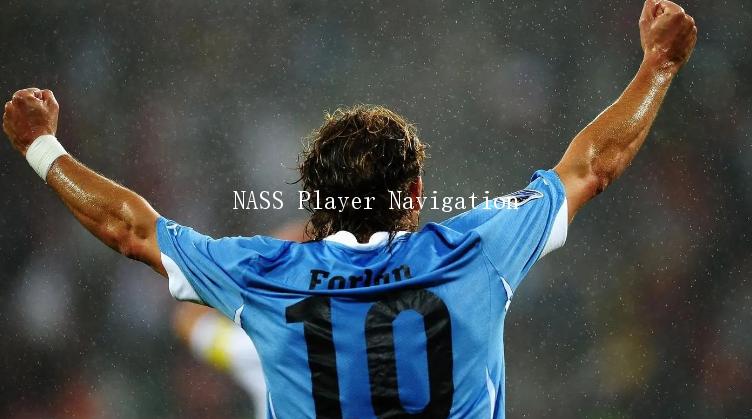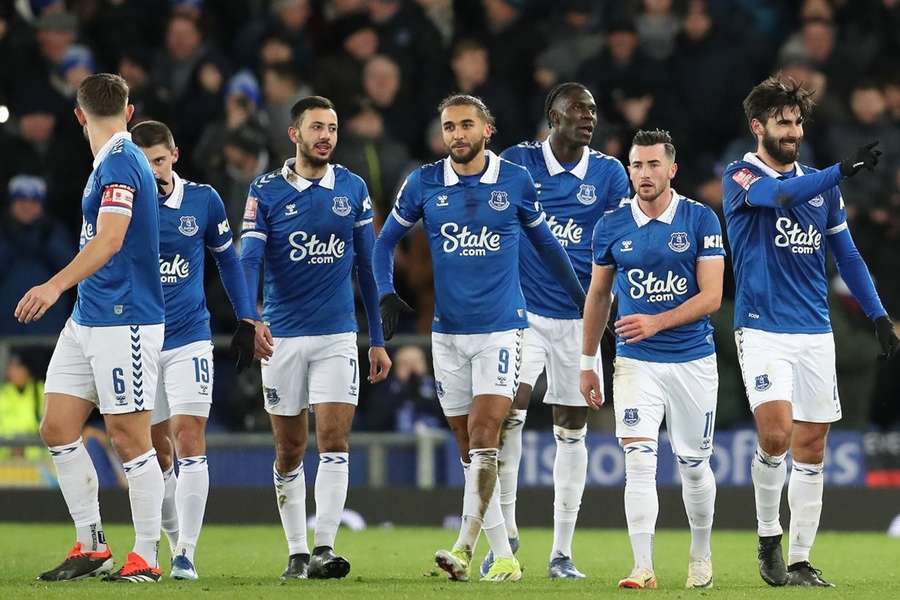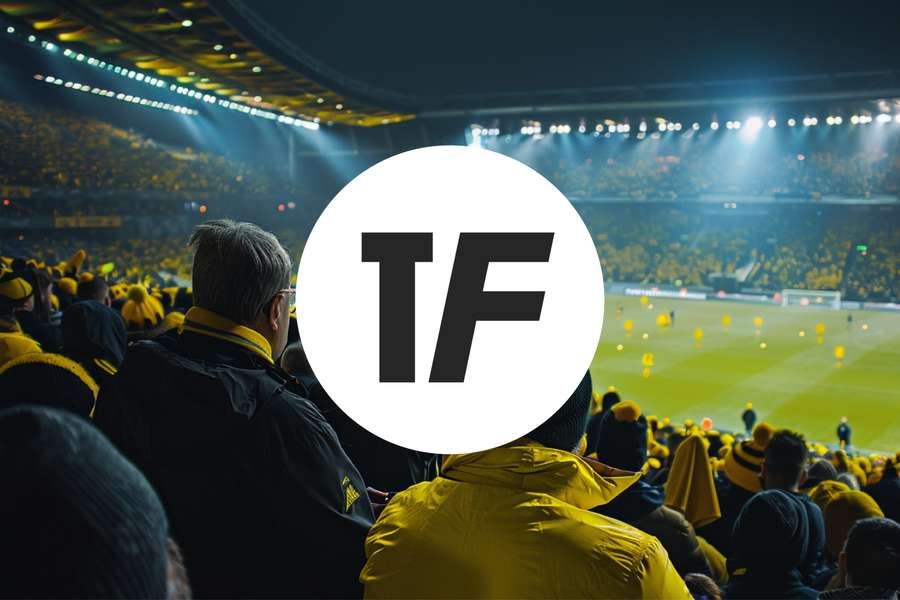Arda Turan: Former Barcelona midfielder talks about Diego Simeone's influence and Eyupspor's transformative impact in Turkey

It is the dead of night at Eyupspor's state-of-the-art training complex, and Arda Turan is tirelessly strategizing on how to lead his team to another stunning victory in Turkey. "In these quiet moments, I find myself gaining a deeper appreciation for the tactics of Diego Simeone," he confides to Sky Sports.
You will remember their time together at Atletico Madrid, shock title winners a decade ago. "We achieved things that seemed impossible," says Turan. "Ahead of perhaps the strongest Barcelona and Real Madrid teams in history. We created a fantastic culture."
Simeone was the architect, with Turan thriving among his dogs of war. "I was deeply impressed by his work ethic. Simeone may be the hardest-working person I have ever met in my life." Now, Turan is following that path and already building a reputation.
The list of influences from his playing days is eclectic, partly because he was something of a conundrum as a midfielder. A supreme young talent at Galatasaray, with an almost nonchalant flair to his game, he shone nevertheless within Simeone's strict structure.
"He was the first to take me out of my comfort zone. He was the person who challenged me the most, motivated me to go beyond my limits. He made me see the game not just offensively, but as a whole. Fighting and struggling are also important parts of football," Turan says.
TrendingHe adds: "Tactically speaking, I learned so much from Simeone about the team's positioning, its compactness, how to move as a unit in defence, pressing structures, defending in a 4-4-2 formation, how to prevent those passes between the lines."
But he traded Atletico for Barcelona in 2015, sitting out six months in his prime to make the deal happen as Barca were under a transfer embargo. "Even today, I feel proud of being part of Barcelona." That too is part of what makes Turan the coach he is today.
"I learned a lot from Fatih Terim about building player relationships," he says. "And I must mention Oscar 'El Profe' Ortega regarding pre-season preparations and Mono Burgos for his set-piece organisation. But, for attacking football, I take Luis Enrique as the model.
"I knew that I would go through an adaptation period after Atletico Madrid. There were different players and a different football philosophy. At the time, I had joined perhaps the strongest offensive line-up in the world. The best players in the world were there."
Alongside Lionel Messi, Luis Suarez and Neymar, Turan still contributed. "I believe I made a significant contribution, especially in my second season." There were 13 goals that year but he left when Ernesto Valverde took over. "We never built that connection."
The aim, as one might expect, is to fuse all these aspects into his own coaching vision. "I am trying to create my own unique style." A team with the defensive mentality of that Atletico team combined with the attacking flair of Barcelona feels like fantasy football.
But his adventure with Eyupspor has been startlingly successful. He took charge in April of last year and guided the club to the second-tier title in his first full season with five weeks to spare. This is their first year as a Super Lig club and they sit fourth in the table.
"We did not plan to take over a club mid-season," explains Turan. "My goal was to start with a pre-season, where I would have the time to implement my philosophy. But when the offer came, and after seeing the dreams of the president during our conversation, I accepted.
"From outside it might have seemed like a risk, but I wanted to start by challenging myself." Eyupspor are well backed, president Murat Ozkaya spending to transform this team from the outskirts of Istanbul. But Turan has clearly outperformed expectations.
"It is a better position than most football fans expected. Tomorrow, this ranking might change. We might be in a better or lower position. But we will not stop playing our own football or improving every day. My team and I are trying to build a culture at this club," he says.
Turan's vision is to professionalise the passion of Turkish football, introducing concepts established at some of Europe's biggest clubs. "I want to create a culture in my country where systems, formations and the dynamics of football are dominant," he explains.
"Only in this way can we create a football culture. I am talking about a dream here. Something we can and should do together. We have very important stars who have played in major clubs around the world, and they still do. But we can do more.
"At the very least, I want to contribute to the creation of this culture in my own way. I want discussions about the game, discussions about tactics, discussions on how to develop the game, and debates on how to advance the culture and economy of football.
"I am working to build a football identity and football culture at Eyupspor on my own behalf. I am trying to create a culture with the analysis department, the strength and conditioning team, the medical team, the psychologist and the communication team.
"I am also working hard to ensure that this club has a corporate stance outside of the field. Our training facilities, the technologies we use. We are trying to bring these as close to world standards as possible within our means. This is what I mean by change."
What is striking is that Eyupspor dominated possession in winning promotion. "When you look on the field, you can see the identity of Eyupspor." They have had to adapt a little in the top division but, Turan insists, those same principles underpin his work.
"You have to do both sides of the game," he says. "We are now competing at a higher level. We have opponents with bigger budgets and more fan support. Therefore, sometimes you need to get behind the ball and successfully apply the defensive principles of football.
"But that does not mean we'll give up our possession game. There have been moments where we achieved possession rates as high as 70 per cent. But of course, we also try to play a more balanced game. It is not always possible to have the possession."
A pragmatist with principles, Turan styles himself as a moderniser. "I also see this philosophy in the new generation of coaches," he says. "To be ready as a coach, you must closely follow world football, the trends, the training techniques, the formations."
He adds: "Football evolves quickly. It is important to stay dynamic, follow everything and adapt accordingly. Nowadays it is necessary to make tactical revisions based on the opponent, and sometimes make those revisions in moments within the match."
At just 37 and making an impact already - given Turan's ambition - his time in Turkey could be just the start. "When I feel ready, and most importantly, when the right project that I believe in comes along, I would certainly like to take the next step," he says.
As for the ambitions for Eyupspor, he talks of establishing the team as a "permanent presence" in the top division and dreams of building a team that can compete in Europe. "We know it's not easy, but in life everything you dream of is always difficult."
Another lesson learned from Diego Simeone.
RELATED STORIES
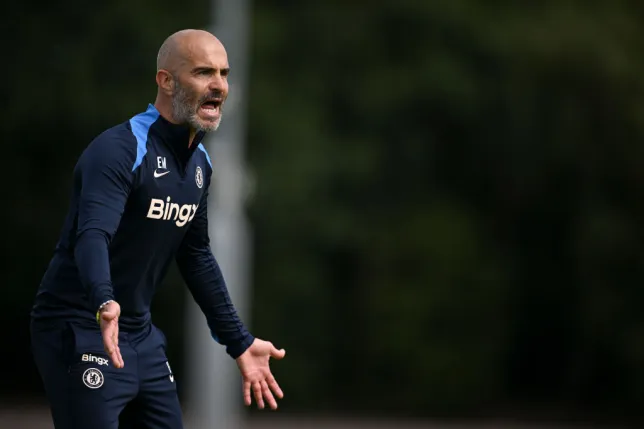

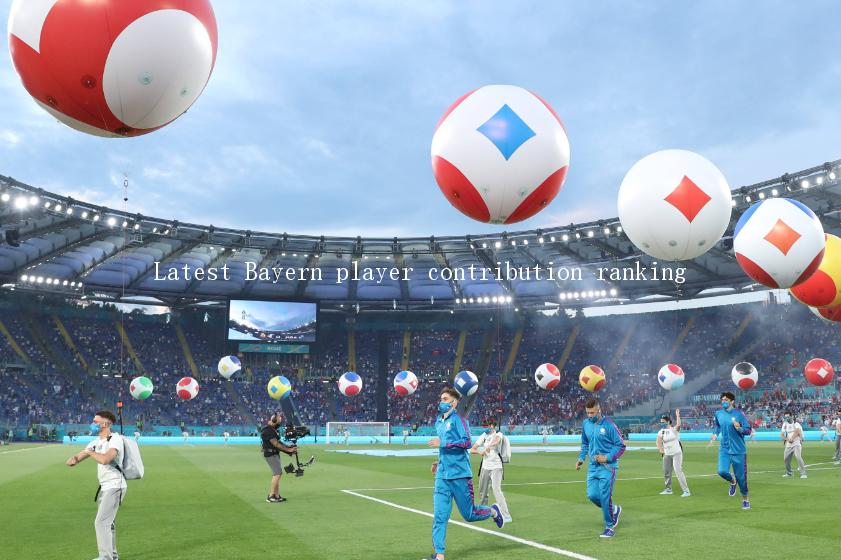
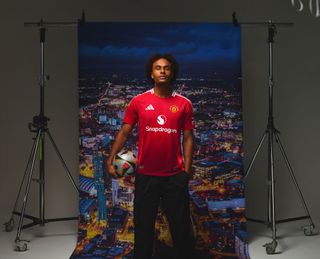
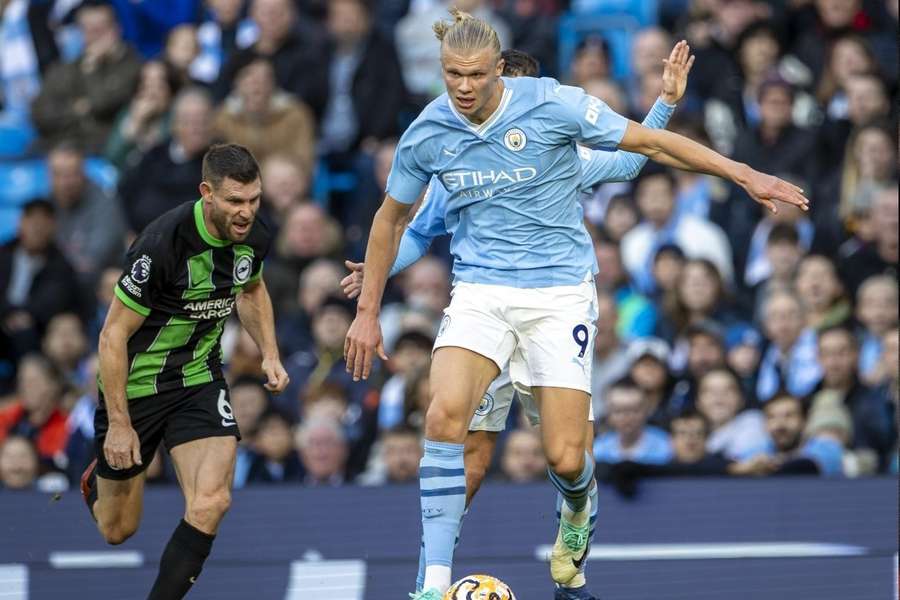

LATEST NEWS
